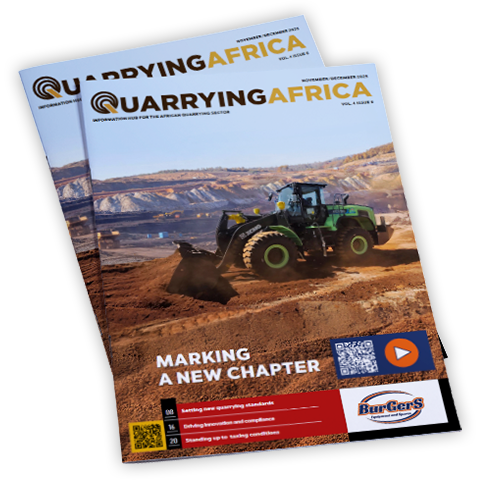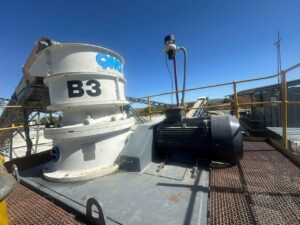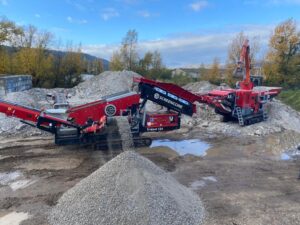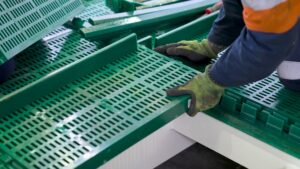Embracing diversity, inclusion and engagement, FLSmidth’s South African business has for years enhanced productivity through transformation. These efforts were recognised recently when it earned Level 1 Broad-Based Black Economic Empowerment (B-BBEE) status. The company sees the accomplishment as an important ‘licence to operate’.
Deon de Kock, FLSmidth President for Sub-Saharan Africa, Middle East and South Asia, emphasises that diversity, inclusion and engagement are imperatives for good business.
“As we drive success through productivity enhancement, we draw on the best available human and technological resources,” says De Kock. “This includes not just our staff but all stakeholders in our supply chain.”
Investing in its talent pipeline was particularly important in promoting diversity, he says. This has included skills development through apprenticeships, learnerships, scholarships and graduate programmes. The success of these candidates has ensured solid progress in employment equity, as one B-BBEE element within its integrated approach.
“B-BBEE is not a once-a-year event for FLSmidth, but rather a long-term business strategy,” says Estelle Steytler, head of People and Organisational Development and Transformation at FLSmidth. Steytler highlighted the important role of dedicated champions within the business to implement B-BBEE policy.
“Each of these champions focuses on a particular aspect of B-BBEE,” she says. “These include management control, skills development, ownership, socio-economic development, and enterprise and supplier development.”
Structures have also been set up to support the FLSmidth board, keeping transformation as a top priority on the agenda. A social and ethics committee reports to the board. This committee in turn receives input from an employment equity and skills development committee, an enterprise and supplier development committee, and a corporate social responsibility committee.
“It has always been our aim to deliver transformation through a focus on shared value, with clear aims and intent,” she says.
She also emphasises the success in building the talent pipeline. Many university students supported by FLSmidth bursaries are now employed in roles such as mechanical engineers, technology specialists and HR experts. De Kock points out the vital importance of taking young graduates and trainees into the business.
“It is one thing to support students, apprentices and learners in their studies, but it is also necessary to have uptake capacity,” he says. “We pick the cream of the crop to start their careers with us, and to grow with the company.”
The same applies to FLSmidth’s supplier development programme. He emphasises that small businesses are not only given capacity-building support, but they are also contracted to supply goods and services to the company.
The direct benefit to FLSmidth’s Level 1 status is that customers receive 135% recognition for their expenditure with the business – higher than many competitors. This helps customers meet their preferential procurement targets.
“This also makes us an employer of choice, as people want to be associated with an organisation that takes transformation seriously,” he says.
Steytler concludes that FLSmidth’s empowerment of stakeholders – and the resulting Level 1 status – is its licence to operate.
“While increasing our opportunities in bidding for and winning tenders, we are also proud to be contributing towards empowering the overall market,” she says. “This impacts the wider economy in a positive manner while strengthening our brand.”






